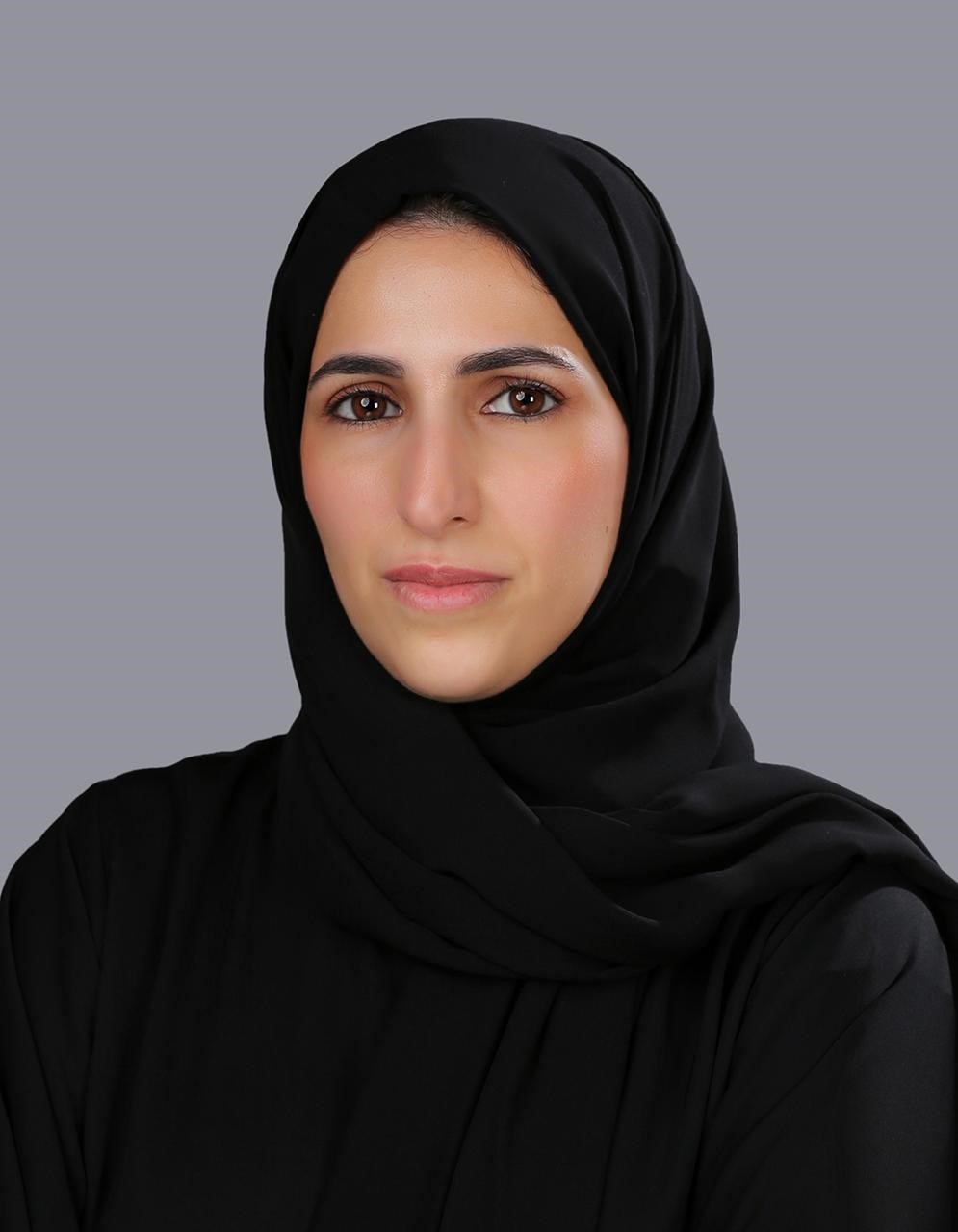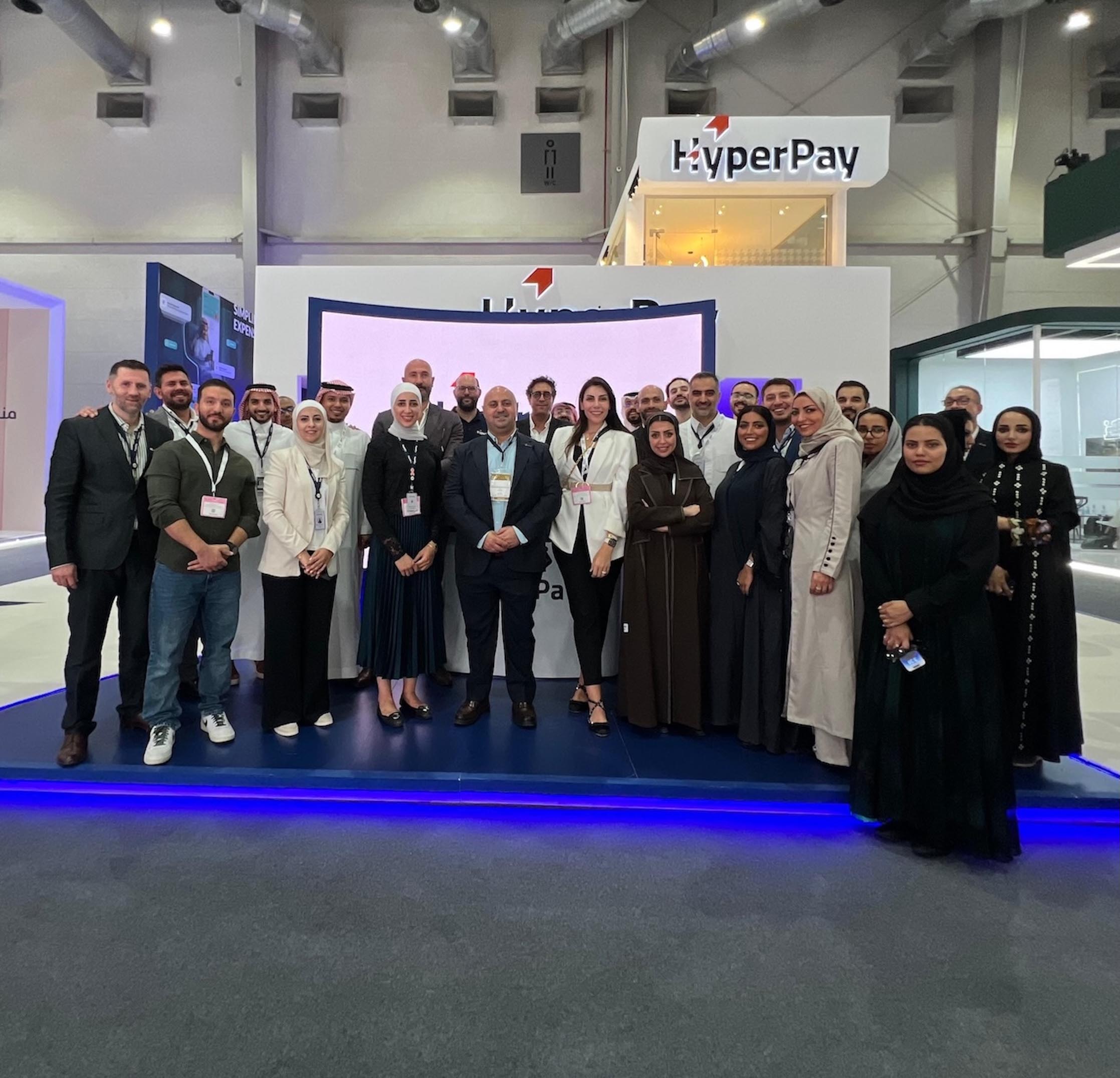DGHR honours the winners of the Research Awards 2025
These awards underscore its continued support for institutional scientific research

Dubai, October 29, 2025
The Dubai Government Human Resources Department (DGHR) honoured the winners of its Research Awards 2025 during an official ceremony, which was attended by various representatives of government entities and universities, including the Mohammed Bin Rashid University of Medicine and Health Sciences (MBRU), the Mohammed Bin Rashid School of Government (MBRSG), Hamdan Bin Mohammed Smart University (HBMSU), and the Rochester Institute of Technology, Dubai. The inaugural edition of the Awards witnessed exceptional engagement and turnout from academic and institutional entities from across Dubai.
In the inaugural edition, 27 entities from academic and public institutions submitted 70 research papers, 11 of which were written by university students. This participation is a testament to the key role of scientific research as a strategic tool in supporting government policies, enhancing the quality of institutional work, and advancing human capital.
His Excellency Abdullah Ali Bin Zayed Al-Falasi, Director General of DGHR, highlighted that the Research Awards reflect DGHR’s commitment to supporting applied scientific research across all HR-related disciplines. H.E. stated that scientific research serves as a key driver of human capital development and government work innovation. H.E. said, “It was a great pleasure to witness the remarkable success achieved by the inaugural edition of the Research Awards. Recognised as an innovative strategic platform, the awards play a crucial role in creating a sustainable, knowledge- and innovation-driven human resources ecosystem, along with enhancing research capabilities, and providing decision-makers with practical solutions based on precise scientific foundations.”
H.E. further added: “The exceptional participation in the inaugural edition showcases the rising awareness among Dubai institutions on the significance of transforming scientific research into a well-established methodological and institutional practice, in line with our wise leadership’s vision to build a rooted in constant development and innovation. The research evaluation process was conducted ensuring a high level of transparency and streamlined procedures, in collaboration with a distinguished group of faculty members from partner universities. Strict criteria was applied, which included innovation, methodology, and practical applicability, to ensure the quality and objectivity of the results. The results revealed an advanced level of research maturity and thorough scientific understanding among participants.”
His Excellency Khalfan Belhoul, Chief Executive Officer of the Dubai Future Foundation, delivered a speech titled ‘Investment in Humanity and the Future of Work in the Age of Artificial Intelligence.’ He discussed the role of artificial intelligence in reshaping the government work environment and the importance of investing in the development of human skills to stay updated with future transformations and accelerate institutional innovation. H.E. further explained that as human capital is the cornerstone of a knowledge-based economy, institutions must invest in it to ensure preparedness for the technological transformations the world is experiencing. He also emphasised that Dubai’s most precious resource for a more sustainable and prosperous future is its integrated ecosystem, which fosters innovation and invests in human capital.
Dr. Amira Kamali, Project Manager of the DGHR Research Awards 2025, presented the key statistics obtained from the inaugural edition of the awards. She revealed that 49 research papers met all required criteria, while approximately 30 per cent of submissions were excluded. She also highlighted that Emirati researchers formed 78 per cent of the total submissions, indicating the rising presence of national talents in human resources research. She further mentioned that approximately 57 per cent of participants were female, which reflects the growing role of Emirati women in research and development fields.
She further stated that a wide base of young researchers from both government and academic institutions was confirmed by the analysis of research submissions by academic qualification, which revealed that those with Master’s and PhD degrees made up 57 per cent of the total. Dr. Kamali emphasised that these findings showcase an increasing institutional awareness on the significance of scientific research as a strategic tool for advancing human resources policies and providing decision-makers with scientific solutions that meet future needs and strengthen the government innovation ecosystem.
During the ceremony, four winning research papers were honoured, showcasing the most remarkable research results across the four award pillars. In the first pillar, ‘Employee Wellbeing in the Work Environment,’ the award was received by the student Mouza Al Zaabi from Hamdan Bin Mohammed Smart University (HBMSU); in the second pillar ‘Job Skills and Lifelong Learning,’ the prize was awarded to Mohammed Ismail Al Ammarin from Dubai Health Authority; in the third pillar, ‘Human Resources Management: Reality, Challenges and the Future,’ the award was won by Major Dr. Talal Hussein Al Awadhi from General Directorate of Residency and Foreigners Affairs – Dubai; and in the fourth pillar, ‘Developing Human Resources Systems and Policies in the Dubai Government,’ Juma Al Mutawa from Dubai Government Human Resources Department received the award.
The winning research abstracts were also briefly presented during the ceremony, with each first-place winner outlining their research, its applied results, and key practical recommendations for fostering innovation and developing the government HR ecosystem.
During the conclusion of the ceremony, the success of initiative and its inaugural edition were commended, along with DGHR announcing its plan to launch the second edition in 2026. This move drives the regional scientific research movement and contributes to the development of the government HR ecosystem at individual and institutional levels.
-ends-










